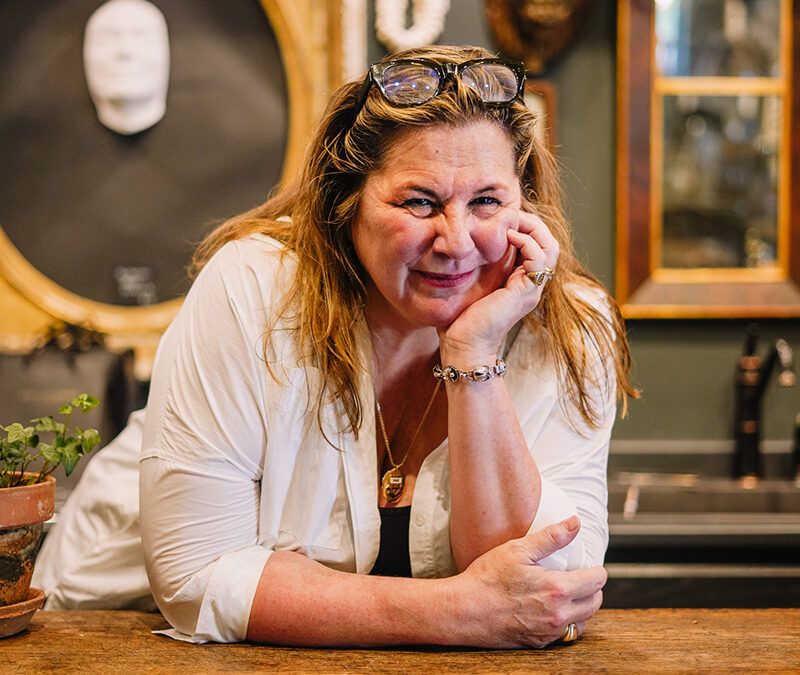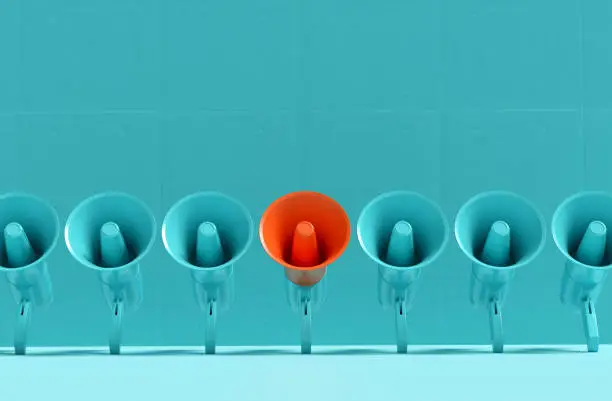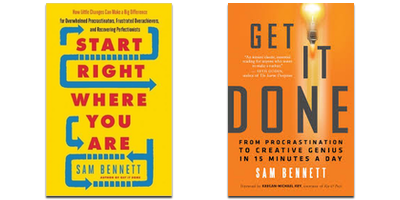Midway on our life’s journey, I found myself
In dark woods, the right road lost. To tell
About those woods is hard—so tangled and rough
And savage that thinking of it now, I feel
The old fear stirring: death is hardly more bitter.
You might recognize that as former U.S. Poet Laureate Robert Pinsky’s translation of the famous first lines of Dante’s Inferno.
Later it says:
As flowers bent and shrunken by night at dawn
Unfold and straighten on their stems, to wake
Brightened by sunlight, so I grew strong again—
Good courage coursing through my heart, I spoke
Like one set free.
Read it aloud to yourself if you can – whisper it, even.
Delicious, right??
So vivid and gorgeous….our shared human story of moving from from darkness to sunlight; fear to courage – so perfectly expressed.
Dante published that in 1321.
Can you imagine your words living on for 700 years?
Just imagine — your little ideas reaching through time and bringing light to people 25 generations away….
Gives me chills.
Not knowing what to do with your book idea is a dark and lonely place.
But clarity leads to action.
And not to go from the poetic to the plebeian, but babe, when you publish your book, you IMMEDIATELY get:
Much, MUCH Higher Speaking Fees
Way Better Consulting Gigs
Instant Ideal Client Attraction
Good Seats at the Fancy Restaurant (jk)
The Deep, Pure Satisfaction of Holding Your Book in Your Hands
But every month that you stay confused about publishing is another month your book stays invisible, unread, unfinished, and unable to contribute to the world, the health of your career, and your life….
maybe even to future generations.
P.S. Not a writer? I bet you know one, though, yes?? Please share this email and link: https://www.lanelit.com/find-your-path-to-publishing with your stalled-out would-be author friends, OK? It’s an act of generosity and an important signal to your friend that you believe in them. – S.
P.P.S. Wait – you ARE a writer? Oh, good. Take a moment right now to connect with the voice of your book. Hear that quiet clamoring?? Your book idea is worth these 45 minutes of serious consideration, don’t you think? – S.
P.P.P.S. Wait – is “quiet clamoring” a thing? Hmm….oxymorons are fun. – S
By the Way, You Look Really Great Today
|






 )
)
